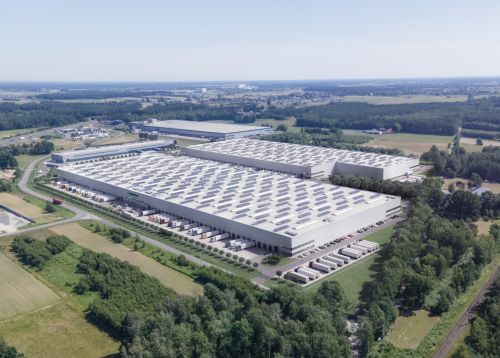In Poland, Boutique hotels as well as those that offer a limited service for short-stay travellers, will continue to be developed, while large cities will continue to attract more investment in mixed-use projects.
Each region has its own specific demand for leisure and business hotel services. Many cities are developing very rapidly and new infrastructure is being built. Among the largest cities in Poland, Gdańsk, Łódź and Wrocław have the greatest potential for further growth. Gdańsk with its former shipyard and docklands as well as its coastal location and excellent transportation links is attractive to both leisure and business travellers all year round.
Łódź is slowly turning from the ugly and forgotten duckling into a pearl, in what is potentially the best business location in Poland. Being at the intersection of some of the most important transportation routes, as well as nearby the planned Central Polish Airport and having easy access to a number of investment areas a






























































Strong warehouse sector whilst capital cautious and offices yet to rebound
Strong warehouse sector whilst capital cautious and offices yet to rebound
Poland’s commercial real estate market enters 2026 in good health and with solid growth potential. Warehouses remain one of the strongest sectors in Europe, while constrained ...
Newmark Polska
The end of greenwashing as flex grows in strength
The end of greenwashing as flex grows in strength
The office sector is entering a period of deeper qualitative and financial scrutiny. Decisions regarding new projects, refurbishments, or leasing are now supported by more thorough ...
Walter Herz
The quiet revolution in Małopolska
The quiet revolution in Małopolska
Developers across the region are increasingly favouring heat pumps and photovoltaic systems over traditional gas boilers in warehouse construction. This shift marks a growing commi ...
Axi Immo